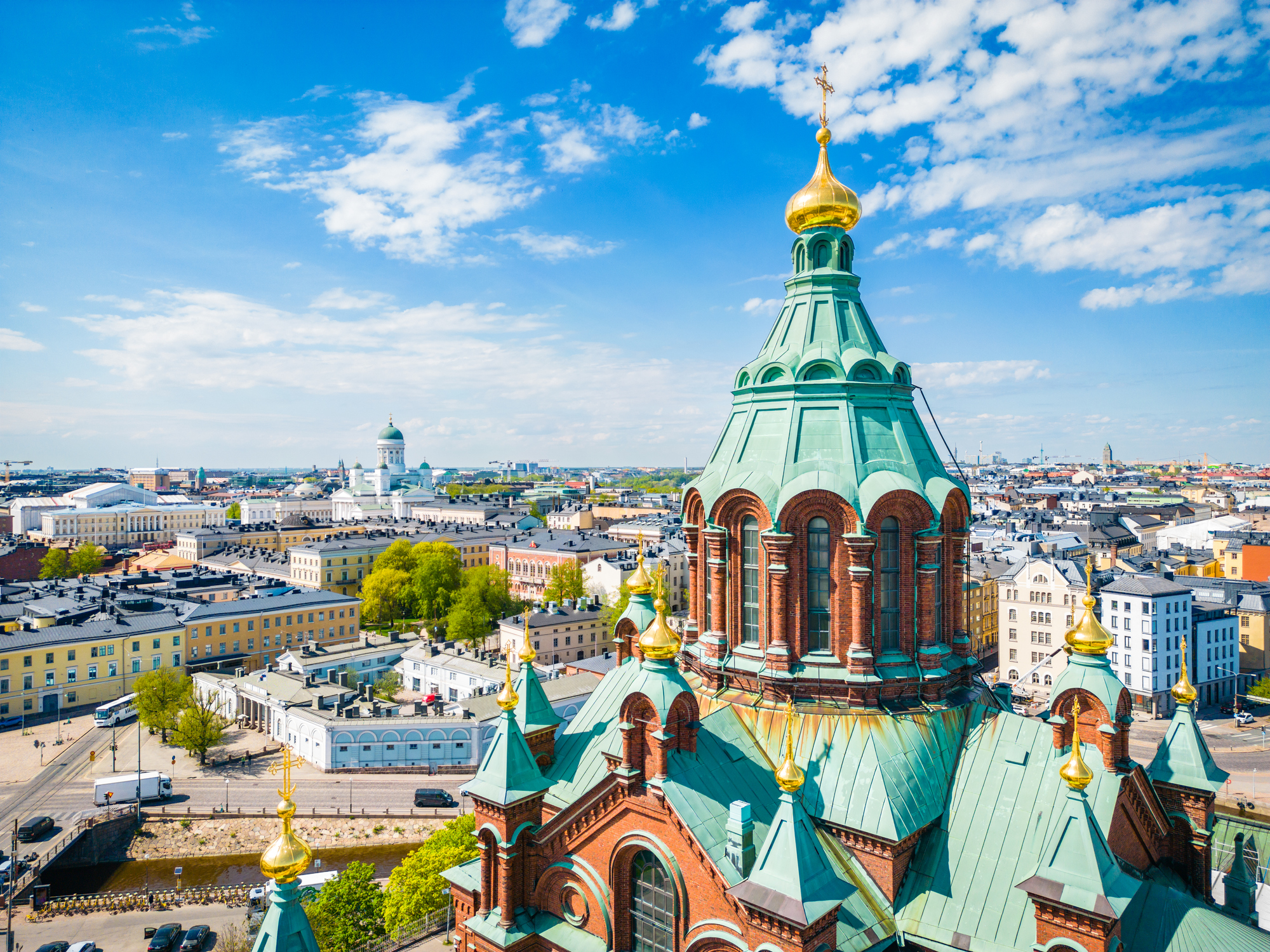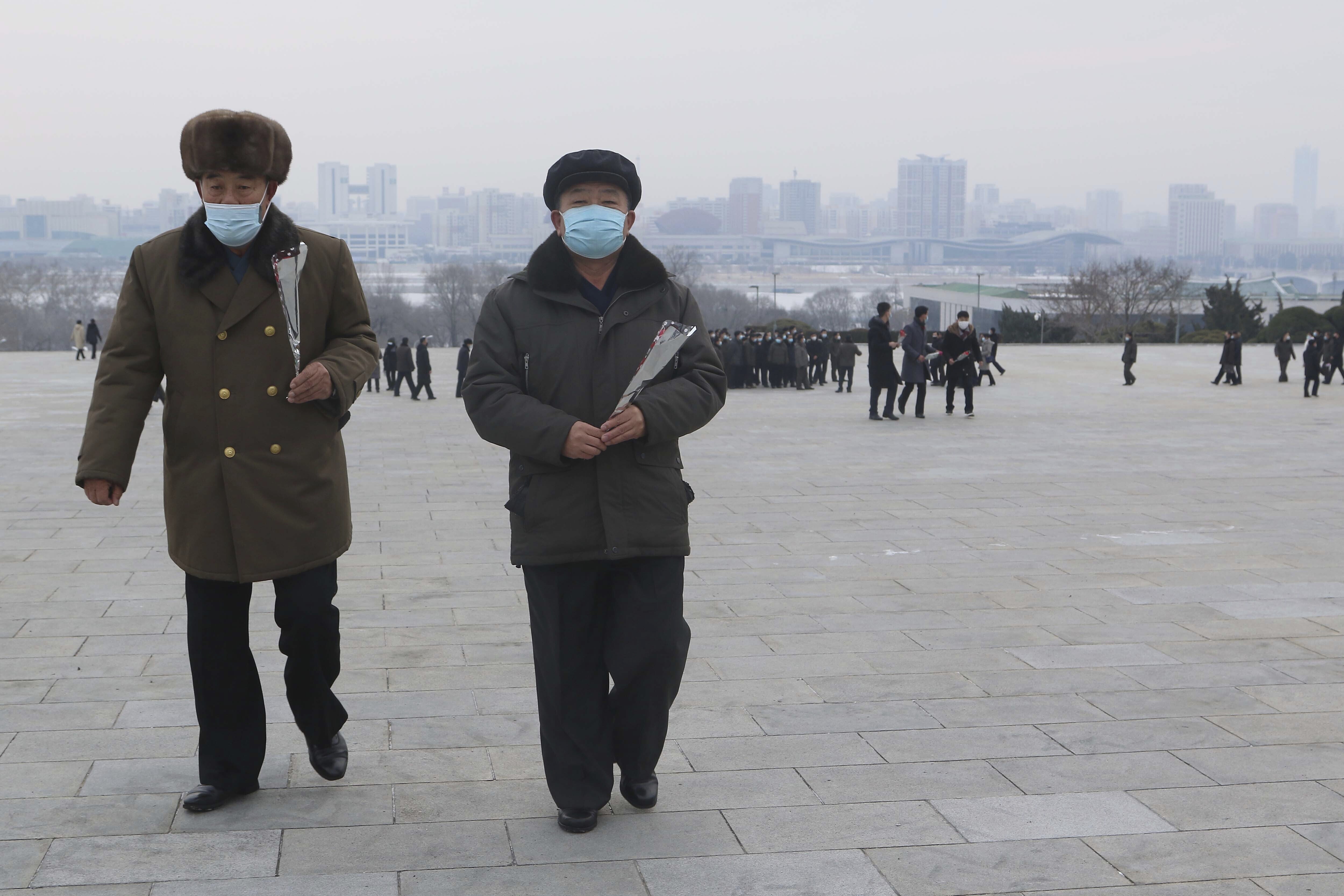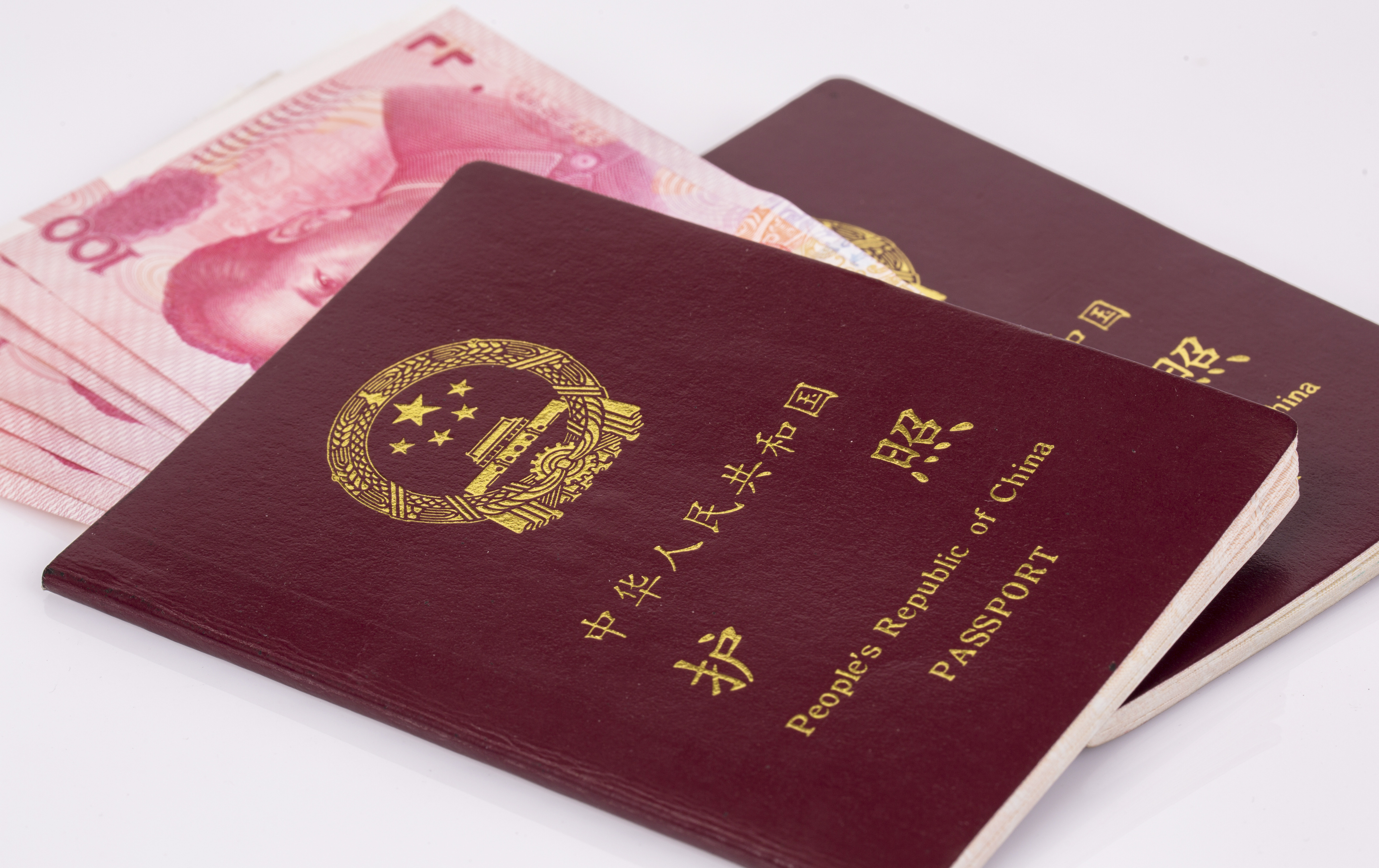Instant Opinion: ‘National morale low in plucky Britain’
Your guide to the best columns and commentary on Tuesday 7 April

A free daily email with the biggest news stories of the day – and the best features from TheWeek.com
You are now subscribed
Your newsletter sign-up was successful
The Week’s daily round-up highlights the five best opinion pieces from across the British and international media, with excerpts from each.
1. Nick Houghton in The Telegraph
on national spirit
The Week
Escape your echo chamber. Get the facts behind the news, plus analysis from multiple perspectives.

Sign up for The Week's Free Newsletters
From our morning news briefing to a weekly Good News Newsletter, get the best of The Week delivered directly to your inbox.
From our morning news briefing to a weekly Good News Newsletter, get the best of The Week delivered directly to your inbox.
Britain is plucky, but national morale is low
“When coronavirus is defeated – as it will be – the Government needs to consider how best to rebuild the nation’s morale. It could start with restoring the integrity of political leadership; investing in our national institutions; improving key infrastructure and emergency services; and establishing greater social fairness and cohesion. But, most of all, we need a wider national vision that restores a sense of collective purpose. I say all this not out of some nostalgic desire to reinvent Britain’s former glories. I say it rather for the highly practical purpose of providing society with the resilience it will need to confront future challenges. The world has become a more insidious place. We don’t have that many friends. Our enemies will target the resilience of our society and our way of life in ever more mendacious ways.”
2. Layla Moran, Liberal Democrat MP, on HuffPost
on helping foreign workers
A free daily email with the biggest news stories of the day – and the best features from TheWeek.com
All key workers from overseas should be granted indefinite leave to remain - it’s the least we can do
“Perhaps more than any other group, our brave NHS workers will be remembered for their efforts during this time. They, and other key frontline workers, deserve to be recognised for their actions, and this should include: medals; pay rises; better investment into the public services they keep running; and a greater appreciation for the work they do. I have also called for a Coronavirus Compensation Scheme to ensure that should the worst happen, their families are taken care of.”
–––––––––––––––––––––––––––––––For a round-up of the most important stories from around the world - and a concise, refreshing and balanced take on the week’s news agenda - try The Week magazine. Start your trial subscription today –––––––––––––––––––––––––––––––
3. Bethan Jones and Fabio Montale in The New York Times
on desperation in the Mediterranean
Italy is sending another warning
“While the coronavirus has been concentrated in the country’s north, especially the regions of Lombardy and Emilia-Romagna, the economic effects are most severe in the poorer, less industrialized south. In Campania, the region of which Naples is the capital, 41% of people are at risk of poverty. Work is a problem: Last year, unemployment was around 20 percent and about that proportion of the region’s work force was underemployed. And for those who do have work, it is often informal, insecure - and particularly vulnerable to the crisis.”
4. Radhya Almutawakel on Al Jazeera
on a disaster waiting to happen
Yemen: First bombs, soon a coronavirus epidemic
“In Yemen, our worst fears will likely become a reality: another epidemic. While novel to the entire world, the disease may be particularly deadly to countries in conflict like Yemen. A friend of mine who lives in Sanaa told me: ‘If Coronavirus arrives in Yemen, we should just dig our graves and wait quietly for death.’ The spread of coronavirus anywhere is a threat to everyone. While countries shore up their own health systems to battle coronavirus, they must not ignore the plight of Yemenis who are already under attack.”
5. Rachel Sylvester in The Times
on the role of the opposition
Starmer needs to colour in his blank canvas
“The country urgently needs a credible opposition. When the government is giving itself unprecedented powers to deal with the coronavirus pandemic and the economy teeters on the brink, it is more important than ever for ministers to be properly held to account. Sir Keir has the advantage that it is at least possible to imagine him standing on the steps of No 10. As a former director of public prosecutions, he already looks like a serious contender for power in a way that neither Jeremy Corbyn nor Ed Miliband ever did.”
-
 ‘Poor time management isn’t just an inconvenience’
‘Poor time management isn’t just an inconvenience’Instant Opinion Opinion, comment and editorials of the day
-
 Bad Bunny’s Super Bowl: A win for unity
Bad Bunny’s Super Bowl: A win for unityFeature The global superstar's halftime show was a celebration for everyone to enjoy
-
 Book reviews: ‘Bonfire of the Murdochs’ and ‘The Typewriter and the Guillotine’
Book reviews: ‘Bonfire of the Murdochs’ and ‘The Typewriter and the Guillotine’Feature New insights into the Murdoch family’s turmoil and a renowned journalist’s time in pre-World War II Paris
-
 ‘Irony’ as Zoom calls staff back to office
‘Irony’ as Zoom calls staff back to officefeature And other stories from the stranger side of life
-
 The U.S. veterinarian shortage crisis
The U.S. veterinarian shortage crisisSpeed Read With an anticipated shortage of 15,000 vets by 2030, it will be harder to get care for pets
-
 Company teaches mask-wearers to smile again
Company teaches mask-wearers to smile againfeature And other stories from the stranger side of life
-
 Global happiness has been 'remarkably resilient' over the past three years
Global happiness has been 'remarkably resilient' over the past three yearsfeature
-
 Ministers considered killing all cats during pandemic
Ministers considered killing all cats during pandemicfeature And other stories from the stranger side of life
-
 North Korea imposes 5-day lockdown on capital to fight 'respiratory illness'
North Korea imposes 5-day lockdown on capital to fight 'respiratory illness'Speed Read
-
 China to begin re-issuing passports in another reversal of COVID lockdowns
China to begin re-issuing passports in another reversal of COVID lockdownsSpeed Read
-
 The Week Unwrapped: Tracking apps, BTS and stay-at-home girlfriends
The Week Unwrapped: Tracking apps, BTS and stay-at-home girlfriendspodcast Does China’s U-turn mark the end of Covid-tracking apps? Has South Korean pop passed its peak? And are we really seeing the rise of the stay-at-home girlfriend?